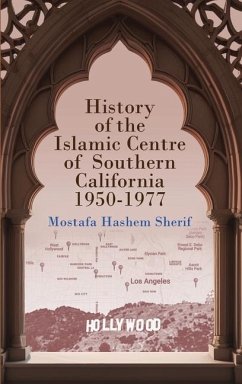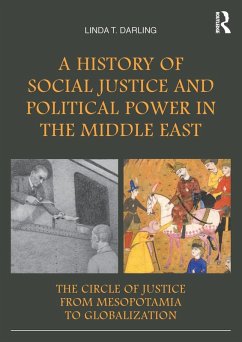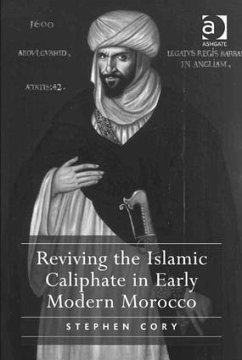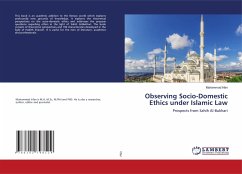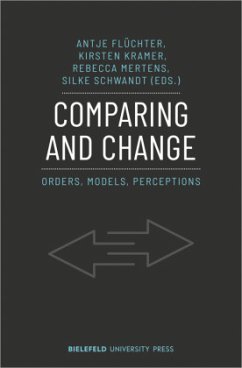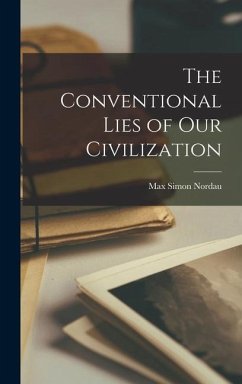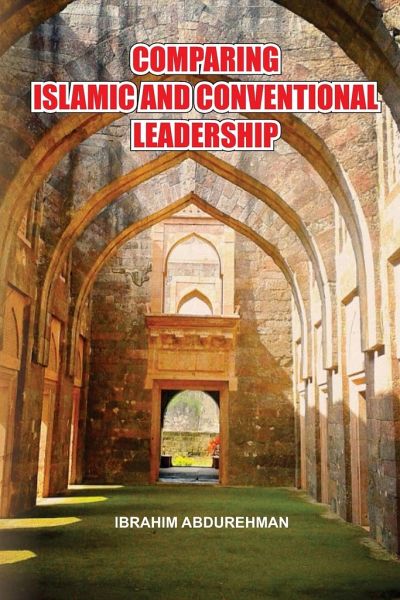
Comparing Islamic and Conventional Leadership
Versandkostenfrei!
Versandfertig in 1-2 Wochen
34,99 €
inkl. MwSt.

PAYBACK Punkte
17 °P sammeln!
Both Islamic and conventional leadership are very widely studied phenomena. It plays a major role in an organization regarding its productivity, absenteeism, and turnover. Islamic leader can contribute to any organization by the power of influencing the people as he has morality and honesty. Barnard (1968, p. 63) said that leadership refers to the quality of the behavior and conduct of individuals whereby they guide and drive people and their activities in an organized way. Leadership refers to a procedure whereby every private inspiration the group of persons to achieve a desired and long-che...
Both Islamic and conventional leadership are very widely studied phenomena. It plays a major role in an organization regarding its productivity, absenteeism, and turnover. Islamic leader can contribute to any organization by the power of influencing the people as he has morality and honesty. Barnard (1968, p. 63) said that leadership refers to the quality of the behavior and conduct of individuals whereby they guide and drive people and their activities in an organized way. Leadership refers to a procedure whereby every private inspiration the group of persons to achieve a desired and long-cherished goal (H. H. Friedman & Langbert, 2000; T. L. Friedman, 2000). Altalib (2001)) state that Islamic leadership is a continuous process of elating and instructing unpaid groups and votaries to achieve a clear as well as shared vision. Leadership is an organizing and arranging moral principle of considerable social impact. One of the suggested approaches to leadership views it as the ability and organizing power of a person to guide and drive the labors of numerous people in attaining goals.Bolman and Terrence (1995) observe that the key differences between the Islamic and the Western leadership are included in the arena of virtuous, moral, as well as the human resource. Spiritual and principled spirit (fear of Allah) subordinated the government management under the Prophet Mohammad (SAW) as well as of our four Caliphs.



